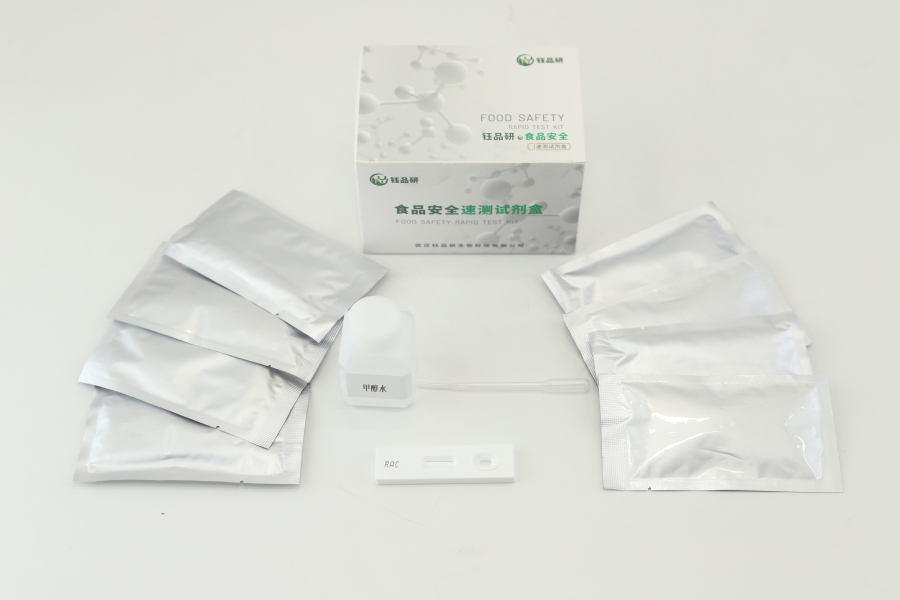The rapid development of the

food industry has made food safety issues increasingly concerned by all sectors of society. Ensuring that all aspects of food from production to consumption are safe and controllable is the core of the sustainable and healthy development of the food industry. Among them, the cleanliness of the food production environment is the first line of defense for food safety, and its importance is self-evident. Environmental cleanliness testing, including the evaluation of the surface cleanliness of production equipment, tools, and containers, as well as the monitoring of specific chemical contaminants such as sodium pentachlorophenate that may exist in the production environment, is a key means to ensure the stability of this line of defense.
Surface cleanliness testing is a basic and core part of environmental cleanliness testing. In the food production process, various equipment surfaces, countertops, conveyor belts, container walls, and other surfaces that are in direct or indirect contact with food can easily become hotbeds for microbial growth and cross-contamination. Residual food residues, oils, and microbial communities, if not cleaned thoroughly, will not only affect product quality, but also lead to the spread of food-borne diseases. Therefore, regular and standardized testing of the cleanliness of these surfaces, such as by detecting their microbial load (such as the total number of bacteria, coliform bacteria, etc.) or rapid detection methods such as ATP bioluminescence, is of great significance for timely detection of health hazards, optimization of cleaning and disinfection procedures, and prevention of cross-contamination.
In addition to physical and microbial cleanliness, possible chemical contaminants in the production environment cannot be ignored, and sodium pentachlorophenate is one of them that needs to be paid attention to. Sodium pentachlorophenate has been widely used as a preservative, insecticide and herbicide, but it is toxic, potentially harmful to human health, and not easy to degrade in the environment. If the food production environment is contaminated by sodium pentachlorophenate, it may indirectly affect the quality and safety of food through air, water, soil or contaminated packaging materials. Therefore, the detection of specific contaminants such as sodium pentachlorophenate in the soil, water quality, air and auxiliary materials that may be exposed to the production plant is a necessary measure to comprehensively control the safety of food production and ensure that raw materials and final products are not harmed by such chemicals.
In the face of complex food production environment and strict safety standards, fast and accurate detection methods are particularly important. As a professional food safety rapid detection reagent manufacturer, Wuhan Yupinyan Bio is committed to providing efficient and convenient detection solutions for the food industry. The food safety rapid detection reagents developed and produced by it can meet a variety of needs, including rapid screening of surface cleanliness and detection of specific environmental pollutants such as sodium pentachlorophenate, and help food production enterprises to grasp the environmental conditions in a timely manner, improve risk early warning capabilities, so as to escort food safety at the source and help the healthy development of the industry.

